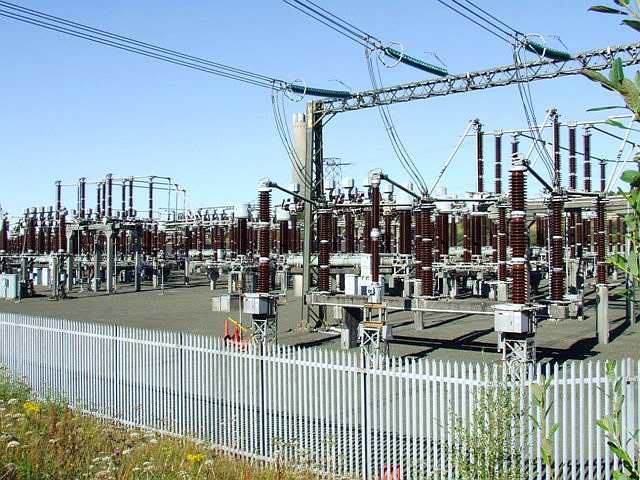Lagos, Nov. 18, 2023: The United States Consul General in Nigeria, Will Stevens, says the U.S. venture capital firms are investing heavily in African tech startups.
Stevens said this during the Global Tech Africa Conference held in Lagos on Friday.
He said the investment coming from the U.S on African tech startups was over 60 and 40 per cent venture capital funding in Nigeria and Africa respectively.
According to Stevens, 80 per cent of Nigerian startups are incorporated in the U.S., noting that Nigeria plays a critical role in Africa’s digital space.
On a continental level, Stevens said 60 per cent of African startups were incorporated in the U.S., which explained the increase in venture capital investments in the continent’s startups.
According to him, the U.S. private sector plays a vital role in promoting technology in all sectors of the African economy.
“In 2021, African startups raised 4.8 billion dollars, this translates to an average of over 1 million dollars every two hours.
“The United States accounted for over 40 per cent of Africa’s Venture Capital (VC) funding in 2022 with over 2 billion dollars injected into local startups.
“This year, while VC investments are globally on a decline, U.S. investors like Techstars, Y-Combinator, and 500 have closed over 100 major deals within the first nine months of the year.
“By these numbers, it is indicative we have a strong interest in supporting the growth of the digital economy of the continent, and clearly, Nigeria is a key market,” he said.
He noted that the U.S. and Africa startup/venture capital scene would continue to be an immensely important mutually beneficial bilateral corridor.
Stevens reiterated the commitment of the American government to technology development in Africa.
He said the US was using the latest technological innovations to address some of the continent’s most pressing challenges, in the areas of education, healthcare, agriculture and other vital areas of development.
According to him, the U.S. government is working with Nigerian partners to develop electronic health records systems, train healthcare workers on the use of technology to deliver care and provide Nigerians with access to affordable medicines.
He said some Nigerian health technology companies such as Healthbotics and Helium Health had leveraged on their programmes to develop great technologies that would improve the overall healthcare system for underserved communities.
Stevens added that the United States remained the largest single donor of bilateral aid to health in Nigeria, providing funding for primary healthcare programmes, water and sanitation activities, infection prevention and general health assistance.
He said this intervention amounted to over 15 billion dollars in the last 20 years.
The consul general said the United States believed that a digital transformation was underway in Africa, hence it was consciously seeking to bolster its collaboration with those involved in the digital space.












